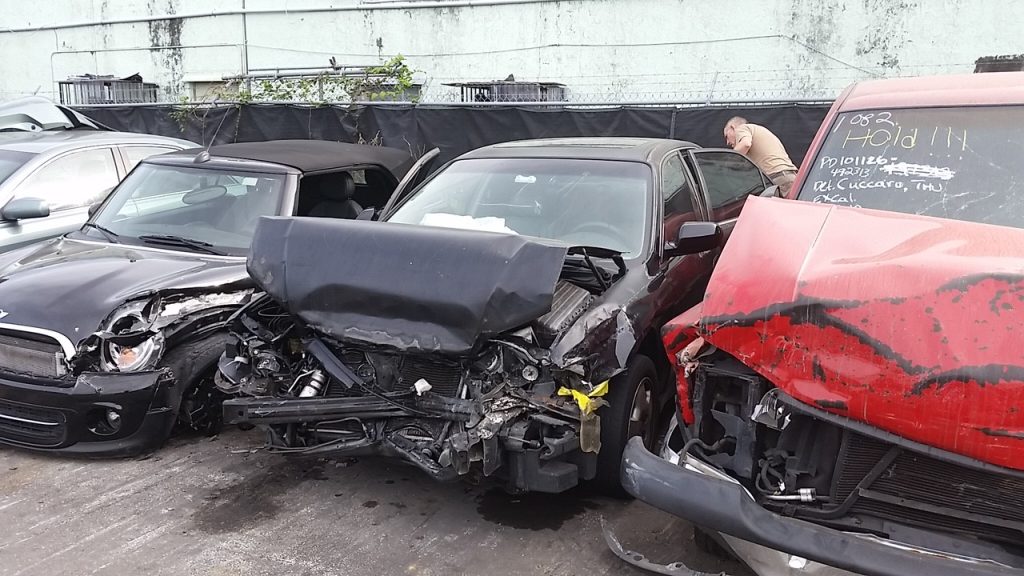- Contact Us Now: (800) 337-7755 Tap Here to Call Us
New Jersey Product Liability Guide
Understanding New Jersey Product Liability: Protecting Consumers from Defective Products
In the bustling marketplaces of New Jersey, consumers purchase goods with the expectation that these products will not only meet their needs but also ensure their safety. Unfortunately, this is not always the case. When products fail and cause harm due to defects or inadequate warnings, it’s essential to understand the protections afforded by New Jersey product liability law. This blog explores the key aspects of product liability in New Jersey, including what it entails, types of product defects, and how affected consumers can pursue legal action.
What is Product Liability?
Product liability refers to the legal responsibility of manufacturers, distributors, and retailers to ensure that their products are free from defects that could harm consumers. When these entities fail to meet this obligation, and a consumer is injured as a result, they can be held liable under New Jersey product liability law.
Types of Product Defects
In New Jersey, product liability claims can be based on one or more of the following types of defects:
- Design Defects: These are inherent flaws in a product’s design that make it dangerous when used as intended. A classic example would be a car model with a design that makes it prone to rollovers during normal driving conditions. Another example is a defective pressure cooker which explodes because of lack of safety mechanisms.
- Manufacturing Defects: These occur during the production process, resulting in a product that deviates from its intended design in a way that makes it unsafe. An example would be a batch of children’s toys painted with a toxic substance due to a factory error.
- Failure to Warn (Marketing Defects): Manufacturers and sellers can also be liable if they fail to provide adequate warnings or instructions about the product’s use, which could prevent injury. An example is a powerful cleaning chemical sold without proper instructions for safe use or warnings about its hazardous properties.

Pursuing a Product Liability Claim in New Jersey
If you or a loved one has been injured by a defective product in New Jersey, you may have the right to compensation for your injuries, including medical expenses, lost wages, pain and suffering, and more. Here’s a brief overview of what to do:
- Seek Medical Attention: Your health is paramount. Additionally, medical records will serve as critical evidence for your claim.
- Preserve the Product and Evidence: Keep the defective product (if safe to do so), as well as any packaging, receipts, and manuals. Photographs of the product, the injury, and where the incident occurred can also be helpful.
- Consult with an Attorney: Product liability cases can be complex, involving detailed investigations and expert testimony. An experienced New Jersey product liability attorney can evaluate your case, guide you through the legal process, and advocate on your behalf.
The Role of Comparative Negligence
New Jersey follows a modified comparative negligence rule, which means that if you are found partially responsible for your injuries (e.g., using the product in a way not intended or ignoring safety warnings), your compensation may be reduced by your percentage of fault. However, as long as you are less than 50% responsible, you can still recover damages.
Conclusion
Product liability law in New Jersey serves as a crucial protection for consumers, holding companies accountable for the safety of their products. If you’ve been injured by a defective product, it’s important to understand your rights and the steps you can take to seek justice and compensation. With the support of a knowledgeable attorney, you can navigate the legal landscape of product liability claims and work towards a fair resolution. Remember, every case is unique, so personalized legal advice is key to understanding and asserting your rights effectively.











